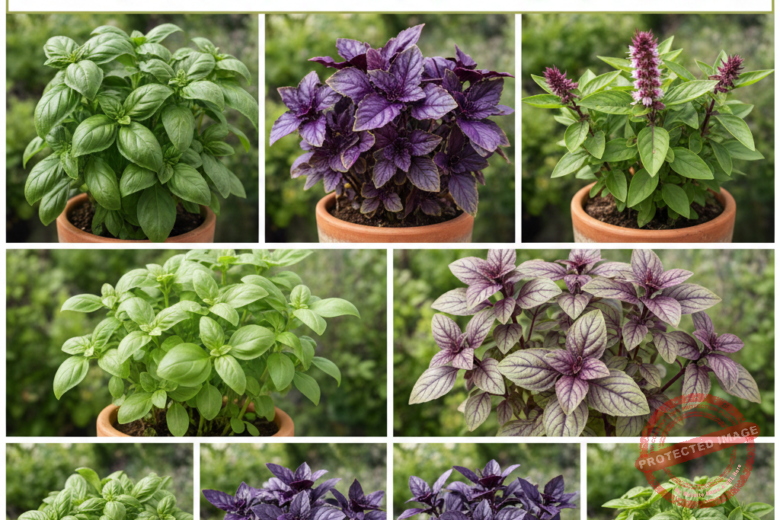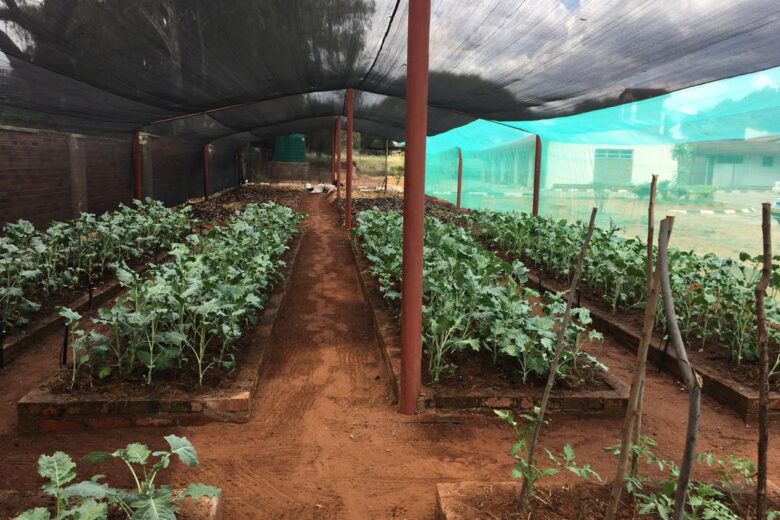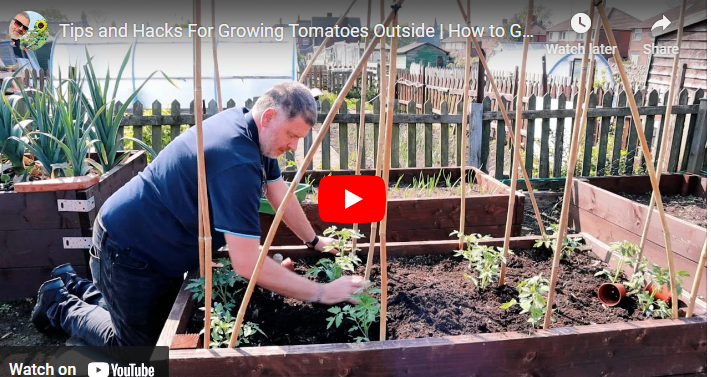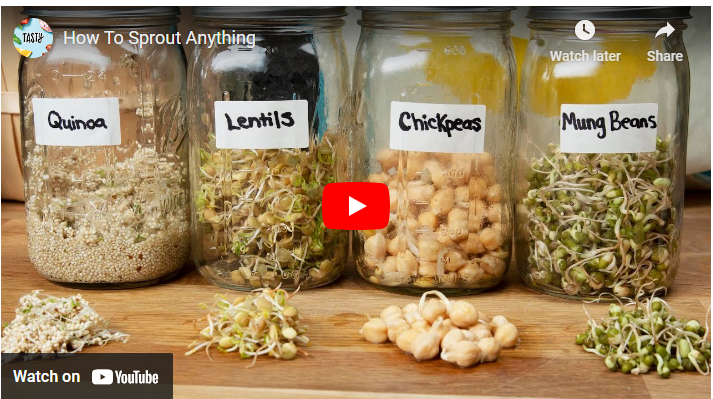Sprouting pumpkin seeds is an excellent way to unlock their nutritional potential and add a delicious and crunchy element to your meals. This step-by-step guide will walk you through the process of sprouting pumpkin seeds, from choosing the right seeds to harvesting and storing the sprouts. So let’s get started and learn how to sprout pumpkin seeds!
To sprout pumpkin seeds, begin by rinsing the seeds thoroughly and soaking them in water overnight. Then, place the soaked seeds in a damp paper towel or a sprouting tray, keep them in a warm and well-lit area, and mist them with water regularly to encourage germination and sprouting.
How to Sprout Pumpkin Seeds Step by Step Guide
Sprouting pumpkin seeds is a simple and rewarding process that involves germinating the seeds to promote their growth and enhance their nutrient content. Sprouted pumpkin seeds are packed with essential vitamins, minerals, and enzymes that offer numerous health benefits.
Sprouted pumpkin seeds offer a range of benefits, including improved digestion, increased nutrient absorption, enhanced energy levels, and strengthened immune function. These tiny powerhouses are rich in protein, healthy fats, fiber, antioxidants, and other vital nutrients.
Step 1: Choosing Pumpkin Seeds for Sprouting
To sprout pumpkin seeds successfully, it’s crucial to choose high-quality seeds. Look for raw, organic pumpkin seeds that are free from additives or preservatives. Select seeds that are plump, uniform in size, and have intact shells.
Step 2 Soaking Pumpkin Seeds
Soaking the pumpkin seeds is the first step towards sprouting. Rinse the seeds thoroughly under running water to remove any debris. Place the seeds in a bowl and cover them with filtered water. Allow the seeds to soak for 8-12 hours or overnight.
Step 3: Germinating Pumpkin Seeds
After soaking, drain the water from the seeds using a fine-mesh sieve or colander. Rinse the seeds once again to remove any residue. Transfer the seeds to a damp paper towel or sprouting tray and spread them out evenly. Cover the seeds with another damp paper towel or the tray’s lid to create a moist environment.
Step 4: Sprouting Pumpkin Seeds
Place the sprouting tray or paper towel with the seeds in a warm and dark location, such as a cupboard or pantry. Ensure the environment is well-ventilated to prevent mold or mildew growth. Leave the seeds undisturbed for 2-3 days, misting them with water once or twice a day to maintain moisture.
Step 5: Caring for Sprouted Pumpkin Seeds
During the sprouting process, it’s essential to monitor the seeds regularly. Keep an eye out for signs of mold, rot, or a foul odor, which indicate spoilage. If any seeds appear damaged or unhealthy, remove them promptly to prevent the spread of contamination.
Step 6: Harvesting Sprouted Pumpkin Seeds
Once the sprouted pumpkin seeds have reached the desired length, usually about 1/4 to 1/2 inch, they are ready to be harvested. Carefully cut the sprouts just above the seed and collect them in a clean bowl or container. Rinse the sprouts gently under running water to remove any remaining seed husks.
Step 7: Storing Sprouted Pumpkin Seeds
To store sprouted pumpkin seeds, ensure they are completely dry before transferring them to an airtight container or resealable bag. Place the container in the refrigerator, where the sprouts can stay fresh for up to a week. Remember to label the container with the date of sprouting for reference.
Culinary Uses of Sprouted Pumpkin Seeds
Sprouted pumpkin seeds can be enjoyed in a variety of ways. Add them to salads, soups, stir-fries, or baked goods for a delightful crunch. You can also blend them into smoothies, sprinkle them over yogurt or oatmeal, or simply enjoy them as a healthy snack on their own.
Nutritional Value of Sprouted Pumpkin Seeds
Sprouted pumpkin seeds offer a nutritional boost compared to their unsprouted counterparts. They are an excellent source of protein, healthy fats, dietary fiber, iron, magnesium, zinc, and vitamin E. These nutrients contribute to overall health, support immune function, and promote optimal well-being.
Potential Risks and Precautions
While sprouted pumpkin seeds are generally safe to consume, it’s essential to handle them properly to prevent contamination or spoilage. Always wash your hands thoroughly before handling the seeds and maintain a clean sprouting environment. If you notice any signs of spoilage, discard the affected seeds.
How long does it take for pumpkin seeds to sprout?
Pumpkin seeds usually take about 2-3 days to sprout, but the exact time may vary depending on environmental conditions.
Can I sprout roasted pumpkin seeds?
No, roasted pumpkin seeds are typically heat-treated, which prevents sprouting. It’s best to use raw, untreated seeds for sprouting.
Can I use sprouted pumpkin seeds for planting in my garden?
Sprouted pumpkin seeds are not suitable for planting as they have been germinated for consumption purposes and may not yield viable plants.
Are sprouted pumpkin seeds safe for individuals with nut allergies?
Yes, sprouted pumpkin seeds are generally safe for individuals with nut allergies as they are considered seeds rather than nuts. However, it’s always advisable to consult with a healthcare professional if you have specific concerns.
Can I freeze sprouted pumpkin seeds for long-term storage?
Yes, you can freeze sprouted pumpkin seeds in an airtight container or freezer bag for extended storage. Thaw them before use.
Conclusion
Sprouting pumpkin seeds is a straightforward and rewarding process that elevates their nutritional profile and adds a delightful crunch to various dishes. By following the step-by-step guide outlined above, you can enjoy the benefits of sprouted pumpkin seeds and incorporate them into your healthy diet. So go ahead, sprout some pumpkin seeds, and unlock their full potential!



